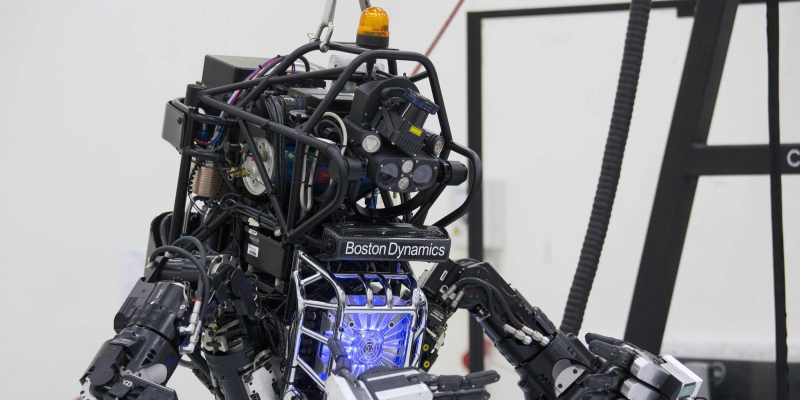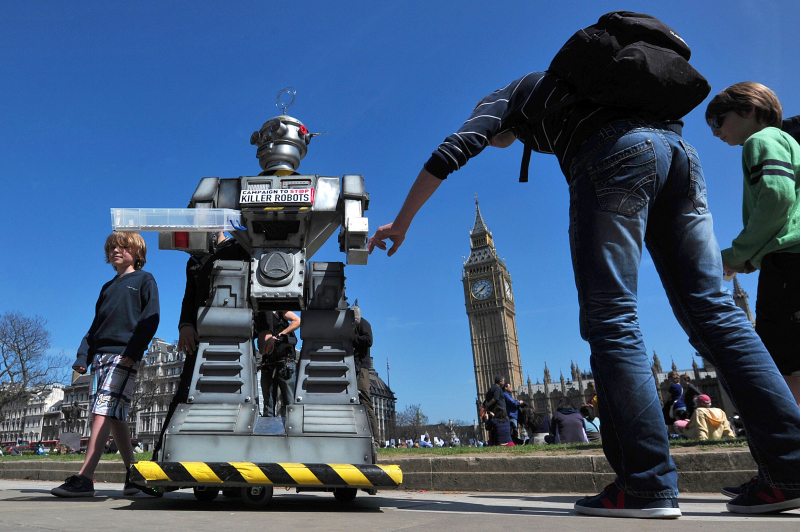Assassinate
If you were raised in the United States, chances are you've seen at least one episode of The Jetsons, a 1960s animated series that portrayed a futuristic civilization with push-button meals, floating buildings, and a robot named Rosie in the twenty-first century.
In the Rip-Off Rosie episode, George Jetson restores the Robotto robot's fried memory chips, earning himself a raise and a day off. When he brings the defective component home to show his family, his robot housekeeper Rosie unintentionally consumes it after mistaking it for sweets. Rosie goes nuts when the component is broken. Her expression darkens, her eyes widen, and she starts destroying the house irrationally.
We get what you're thinking, but it's actually far more terrible than it seems. Movies and stories typically forewarn us against giving machines the ability to kill people, but in reality, these developments are now well past the production stage and well into the deployment phase.
On November 27, 2020, Iran's top nuclear scientist was shot and killed with an AI-assisted robotic sniper gun, marking the first and maybe only instance of a military robot killing a political target that has been documented. The killing was apparently carried out by Israeli Mossad agents using a remote-controlled, AI-equipped sniper robot hidden inside a vehicle, according to a New York Times report, though it was never publicly acknowledged. Iranian investigators claim that the AI was so exact in its targeting that it spared the scientist's wife and other members of his entourage while accurately identifying the scientist.












